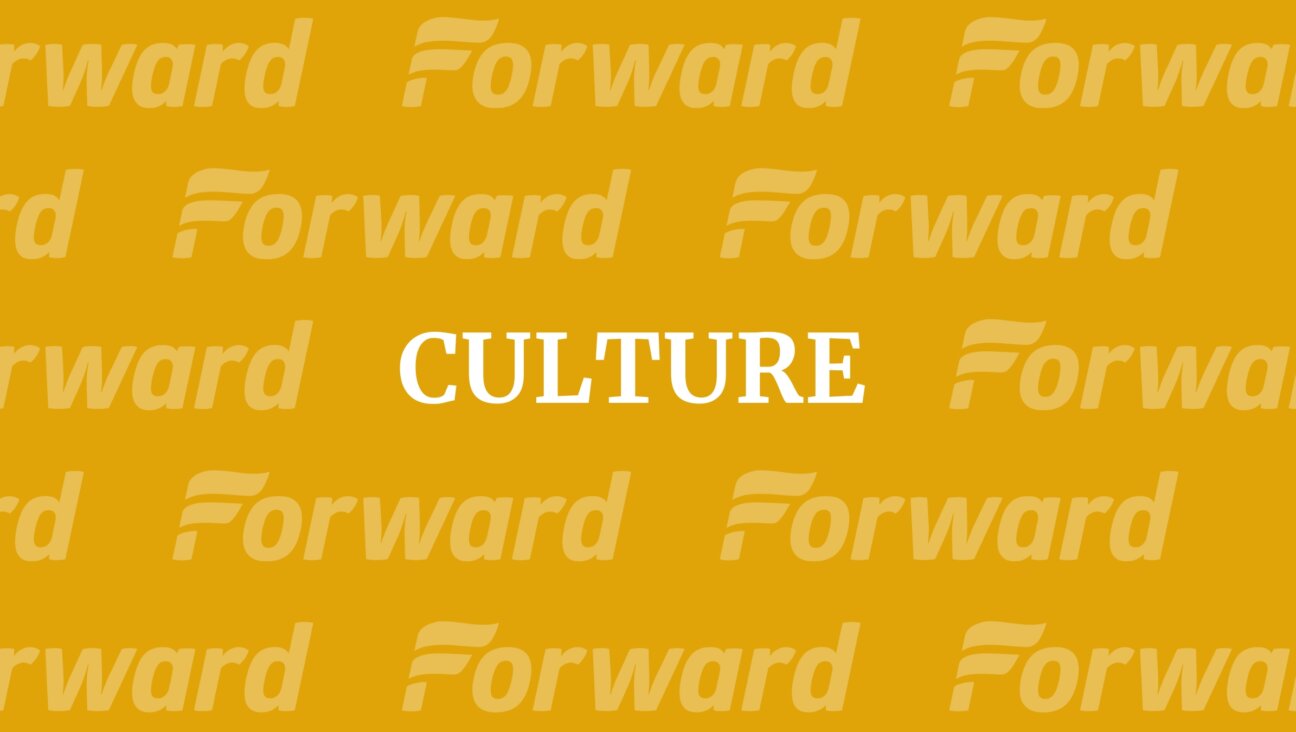My Son Already Knew About the Holocaust

Graphic by Angelie Zaslavsky
Thinkstock
One Sunday late last year, while on a biweekly library run with my children, I picked up an illustrated book about Anne Frank from the kids’ section.
“What’s that book, mom?” my son inquired, as he cleared the shelf of Franklin W. Dixon’s “The Hardy Boys.”
I quickly hid it between the stash of books in our library backpack, and pointed out that he missed one book in the “The Hardy Boys” series. I did not know what to tell him. How do you begin a conversation about something so elemental, something so close to home, something that is bound to give a child endless nightmares and shatter his sense of safety in the little bubble we created for him?
When I was around 9 or 10 years old, I discovered an English book in the wooden armoire where my mother stored all the non-Yiddish material in the home. This particular book, “Alone in the Forest,” caught my eye. The story was the memoir of a 12-year-old Jewish girl in Poland, Mala Szorer, who literally survived “alone in the forest” after her family was deported from the ghetto. She survived by foraging for food and relying on the occasional sympathetic peasant. I read it over the Sabbath, hiding out in my parents’ bathroom for long stretches of time. This girl — this little girl close to my own age — appeared in my dreams time and time again. I stared at the photo of the author in her post-Holocaust years, trying to fathom the suffering endured by her young self.
Now, I was not unaccustomed to Holocaust stories. Our bookshelves were filled with volumes of them — mostly historical and in Yiddish. What’s more, my father, a child of Holocaust survivors, would retell horror stories at the Sabbath table, and these stories became a part of my childhood. But “Alone in the Forest” had a tremendous impact on me. The fear of persecution finally registered, and it only strengthened as I continued making my way through the other materials in the closeted stash.
As a parent, I do not wish for my children to suffer such nightmares. Is it necessary for my children, who are seven and nine, to be acutely aware of atrocities at such a young age? What good will it do to teach our young about a gruesome genocide that happened not too far off in the past and to their own great-grandparents before they are ready to know the enormous truth?
When we arrived home from the library that Sunday in October, I hid the book in my night chest, thinking time would help me make the decision whether and when to introduce this part of our Jewish history. My children were blissfully unaware of the Holocaust and modern anti-Semitism in general. Or at least I thought so. In the end, my husband and I decided it best to wait a few years for him to become old enough to grasp the concept of suffering.
Then this happened: while sitting at the Sabbath table one weekend a couple months ago, and taking turns discussing our stories of the week, the books we read, and the fascinating mock trial my son and his classmates led one day during break, my son mentioned Hitler. My husband and I exchanged a quick glance of astonishment and proceeded to gently probe him of his knowledge. He knows all of it, he proclaimed matter-of-factly, from the historical books he reads. He knows that the Jews were interned in camps and starved to death; he knows of D-Day and the genius of Dwight D. Eisenhower.
I asked if he ever heard of Anne Frank, the famous little girl.
“Yes, of course, I found that book in your night chest.”
I probed no further. Something in me was screaming “You shouldn’t have.” But observing my son’s rather unaffected reaction to all this, and knowing this book was only Holocaust lite, I knew he would not be haunted in the way I was.
Still, I wonder, at what age should children be introduced to the most recent and most destructive persecution in Jewish history? Should they be formally taught about it in school, at home, or not at all?
These are questions I have been grappling with recently. And as I sit at my computer watching footage of emaciated ghosts in concentration camps on YouTube — a personal tradition on Holocaust Memorial Day — I know that my children will never view these images in the way I do. Not only because they’re of the next generation, but also because the Holocaust does not loom like a dark cloud over their childhoods, as it did over mine. It is but another piece in the history of Jewish persecution — one that has not yet been written into the holy books and retold in the weekly parsha or on chagim.
As a parent, I want my children to be aware of their Jewish history — their entire Jewish history. I want them to also know of the suffering of their people, but not to invoke fear that this can happen here too — which is the message I grew up with. I want them to understand the beautiful, complex and too often horrific story of the Jewish people — a story of pride and perseverance.






















